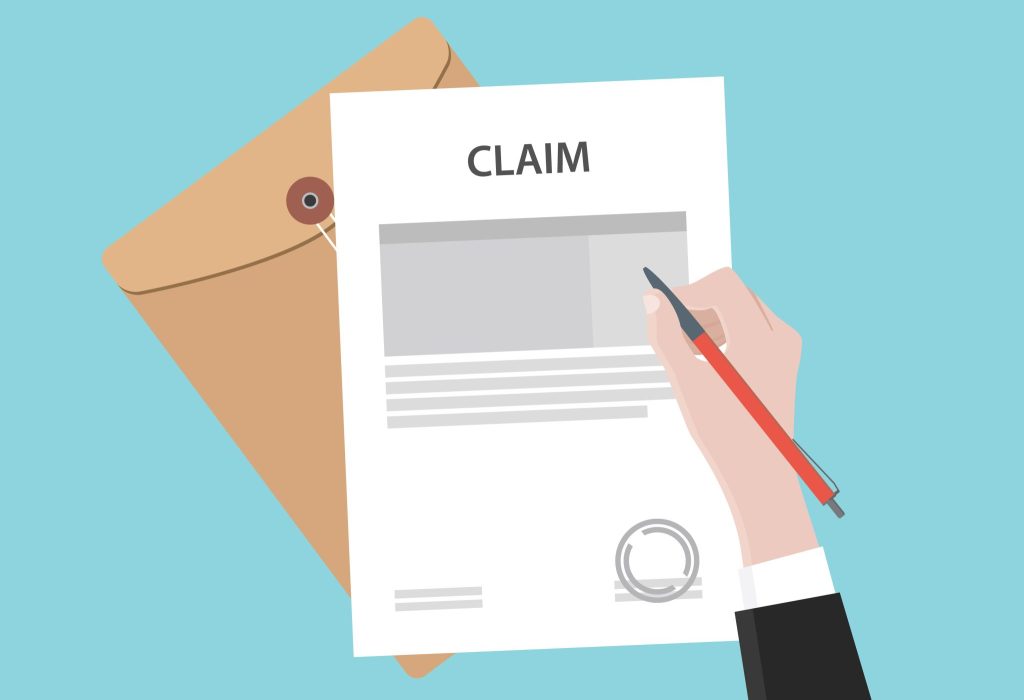


Samuel Hutchinson
R&D Tax Consultant
Navigating HM Revenue & Customs (HMRC) enquiries or compliance checks concerning Research and Development (R&D) tax credit claims can be a significant challenge for businesses. At TBAT Innovation, we understand the complexities involved and the importance of building a robust R&D tax credit claim from the outset. In this article, we share our expert insights on dealing with HMRC enquiries while fortifying your R&D tax credit claim for success.
Before delving into strategies for handling an HMRC enquiry, it is crucial to understand the enquiry process itself. Typically, HMRC may launch an enquiry to scrutinise the details of a company’s R&D tax credit claim, ensuring that the claimed activities meet the eligibility criteria and that the claimed expenditures are reasonable and related to qualifying R&D projects.
At TBAT Innovation, our consultants work closely with clients to compile detailed records of R&D projects, technical reports, timesheets, and expenditure documentation. By maintaining detailed records and ensuring that the claim accurately reflects eligible R&D projects and expenditures, businesses can pre-emptively address any queries that may arise during an HMRC enquiry.
In the event of an HMRC enquiry, proactive engagement is key. As standard HMRC require responses within 30 days and so responding promptly to HMRC’s queries and providing clear and comprehensive explanations can demonstrate transparency and cooperation, fostering a positive dialogue with HMRC caseworkers.
Given the complexity of R&D tax credit regulations and the intricacies of HMRC enquiries, seeking professional assistance from tax advisors or R&D tax credit specialists can be invaluable. At TBAT Innovation, our experienced R&D tax consultants provide expert technical and financial guidance and representation throughout the enquiry process. We assist clients in interpreting HMRC’s queries, preparing evidence to support the R&D tax credit claim, and representing them in discussions with HMRC caseworkers.
Dealing with an HMRC enquiry serves as an opportunity for continuous improvement and learning. We analyse the outcomes of each enquiry to identify opportunities for enhancing future R&D tax credit claims, ensuring that our clients optimise their claim processes and minimise the risk of future enquiries.
HMRC might initiate an enquiry into a company’s R&D (Research and Development) tax claim for several reasons. Here are some common reasons:

After an R&D claim is submitted HMRC have 12 months, though in certain circumstances this can vary by a few months, to open a compliance check on the claim. If after the 12 months has passed, if new information arises then HMRC can go back up to 4 years after the relevant tax year. If the tax issue is due to careless or deliberate behaviour, then HMRC has 6 years and 20 years respectively to open compliance checks. A compliance check will start with a letter from HMRC and at each stage there will be a standard 30 days to respond, though extension to this timescale can be requested if needed for specific reasons.
The full process of a compliance check can take months to over 2 years to resolve, depending on how many of the above steps are progressed through and the response times from HMRC.
_

If HMRC initiates an enquiry into a claim and it is resolved, the outcome will typically be one of the following:
As trusted R&D Tax consultants, we’re dedicated to assisting businesses in effectively managing HMRC enquiries and strengthening their R&D tax credit claims. By leveraging our technical and financial expertise, proactive engagement strategies, and commitment to continuous improvement, businesses can navigate through HMRC enquiries with confidence while maximizing the benefits of R&D tax credits to support innovation and sustainable growth.
Our comprehensive 2025 R&D Tax Credits review covers everything businesses need to know, including key developments in R&D tax reliefs, claim trends, compliance updates, HMRC enforcement actions, First Tier Tribunal cases, and changes to schemes like RDEC, ERIS, and Advance Clearance. Explore the impact on SMEs and large companies, insights on eligible costs and foreign subcontractor rules, and what to expect for R&D tax credits in 2026.

An HMRC R&D compliance check can be intimidating, even for businesses doing genuine innovation. This article walks you through what happens during a check, the information HMRC typically asks for, common issues that can arise, and how TBAT Innovation helps businesses respond confidently and keep their R&D tax credit claims strong.

Assists organisations in accessing research and development grant funding across a range of UK and EU schemes and industry sectors.
Get In Touch